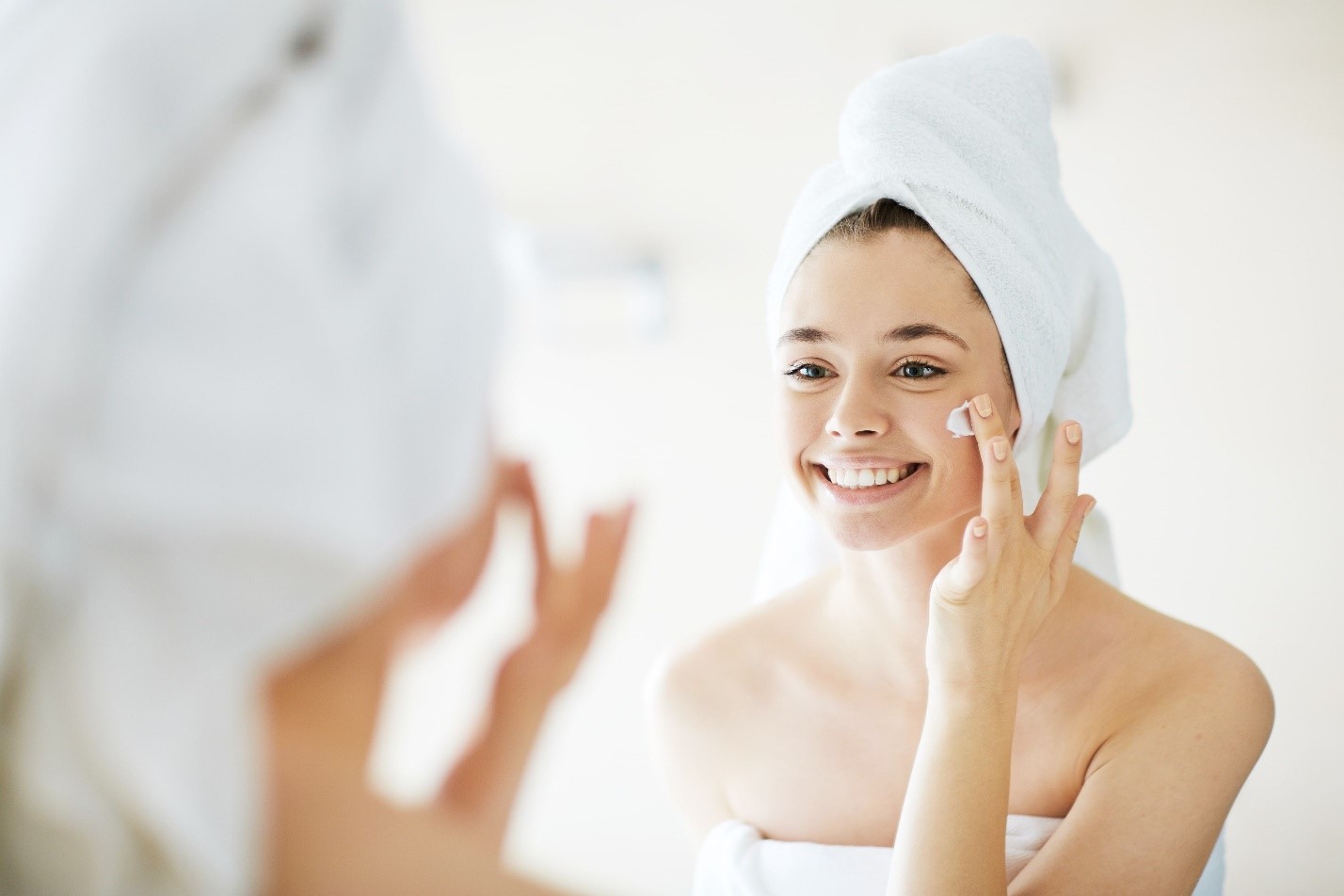When it comes to achieving a radiant, youthful complexion, many focus on skincare products, makeup, or the latest anti-aging treatments. However, one fundamental factor often overlooked is skin hydration. Proper hydration is not only essential for maintaining skin health but also for achieving that coveted glow and combating the visible signs of aging. Dr Jason Emer MD reviews why skin hydration is a cornerstone of youthful, radiant skin and how you can maintain it.
The Science Behind Hydrated Skin
Your skin is the largest organ in your body, acting as a protective barrier against environmental aggressors, bacteria, and toxins. The outermost layer of your skin, the stratum corneum, plays a critical role in this protective function. This layer contains lipids and natural moisturizing factors that help retain water and keep your skin supple. When skin is adequately hydrated, it appears smooth, plump, and resilient. Conversely, dehydrated skin can become rough, flaky, and dull, often accentuating fine lines and wrinkles.
Hydration vs. Moisturization: Understanding the Difference
While often used interchangeably, hydration and moisturization are not the same. Hydration refers to increasing the water content in your skin, ensuring cells are plump and functioning optimally. Moisturization, on the other hand, involves locking in that hydration by creating a barrier that prevents water loss. A well-hydrated complexion needs both water and the ability to retain it.
For example, humectants like hyaluronic acid attract water to the skin, boosting hydration. Emollients and occlusives, such as ceramides or shea butter, seal in moisture, preventing dehydration. Combining these elements in your skincare routine ensures balanced hydration and moisturization.
Benefits of Hydrated Skin
- Enhanced Elasticity and Plumpness
Hydrated skin maintains its elasticity, which helps prevent sagging and the appearance of fine lines. When skin cells are well-hydrated, they are fuller, creating a plumper look that diminishes wrinkles and gives your face a youthful appearance. - Improved Texture and Tone
Dehydrated skin is often visibly uneven, with flaky patches or rough areas. Hydration smoothens the skin’s surface, resulting in a more even tone and texture. This is particularly beneficial for reducing the appearance of blemishes, dark spots, or redness. - Strengthened Skin Barrier
A hydrated skin barrier is better equipped to protect against environmental stressors like pollution and UV rays. This reduces the risk of irritation, inflammation, and long-term damage, which can accelerate aging. - Natural Glow
Well-hydrated skin reflects light more evenly, resulting in a natural, dewy glow. Dehydration, on the other hand, causes dullness as the skin struggles to renew itself effectively.
Signs Your Skin Needs Hydration
Even if you’re using skincare products regularly, your skin might still be dehydrated. Look out for these signs:
- Tightness or discomfort
- Dull or ashy complexion
- Fine lines that seem exaggerated
- Increased oiliness (a common reaction to dehydration)
- Rough or flaky patches
If you notice these symptoms, it’s time to reassess your skincare and hydration habits.
Tips to Maintain Hydrated Skin
- Drink Plenty of Water
Internal hydration is just as important as external care. Aim to drink at least eight glasses of water daily, adjusting for your activity level and environment. - Use Hydrating Skincare Products
Look for serums and creams containing humectants like hyaluronic acid, glycerin, and aloe vera. These ingredients draw moisture into the skin, replenishing its water content. - Avoid Over-Cleansing
Over-cleansing can strip your skin of its natural oils, leading to increased water loss. Opt for a gentle, hydrating cleanser and limit washing your face to twice a day. - Protect Against Environmental Stressors
Use sunscreen daily to shield your skin from UV rays, which dehydrate and damage skin cells. Antioxidant-rich products can also combat free radicals, further protecting your skin. - Incorporate a Humidifier
Especially during colder months, indoor heating can dry out your skin. A humidifier adds moisture to the air, helping to maintain your skin’s hydration levels. - Eat a Balanced Diet
Foods rich in omega-3 fatty acids, like salmon and walnuts, help maintain your skin’s lipid barrier. Fruits and vegetables high in water content, such as cucumbers, oranges, and watermelon, also boost hydration. - Adjust Your Routine for the Seasons
In winter, opt for richer creams to combat dryness caused by cold air and indoor heating. In summer, lightweight, water-based products can prevent your skin from feeling greasy while still providing hydration.
Debunking Myths About Skin Hydration
- Myth 1: Oily Skin Doesn’t Need Hydration
Even oily skin can be dehydrated. Skipping hydration can cause your skin to overcompensate by producing more oil, exacerbating breakouts and shine. - Myth 2: Drinking Water Alone Is Enough
While drinking water is crucial, external hydration through skincare is necessary to address environmental stressors and skin’s natural water loss. - Myth 3: Hydration is Only for Dry Skin
Every skin type benefits from hydration. Properly hydrated skin is less prone to irritation, redness, and premature aging.
The Bottom Line
Achieving a youthful glow isn’t just about chasing the latest beauty trends; it’s about understanding and supporting your skin’s fundamental needs. Hydration is key to maintaining a healthy, resilient complexion. By combining proper skincare with a hydration-focused lifestyle, you can keep your skin radiant, plump, and youthful for years to come.
Invest in your skin’s hydration today—it’s a simple yet powerful step toward the glow you’ve always wanted.
For more information – go to EMER Skin
